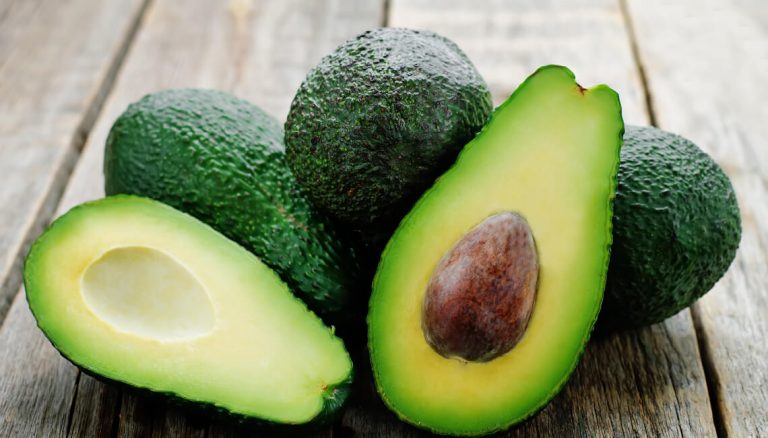Why new mums need magnesium in their diet
Magnesium; here's what it is and why new mums need to make sure they're getting enough. The symptoms of magnesium deficiency may surprise you.
When you are a new mum and trying to lose weight it is easy to forget about the nutrients you need and focus too much on the scales. But despite the lack of sleep and your constant concern for your new baby and its needs, you need to look after yourself as well.
Today one of our nutritionists is looking at the importance and health benefits of magnesium in the diet and how you can increase your levels.

Magnesium is important for new mums
Magnesium is an essential mineral in any persons diet.
This mineral is vital for energy production (ATP) and, as you all know, becoming a new mum is seriously draining. You need as much energy as you can get, so a magnesium deficiency can just make matters much worse.
Magnesium is involved in more than 300 metabolic reactions in the body, from protein synthesis to cell growth and reproduction, even glucose and insulin metabolism.
But when you’re not getting enough of the mineral, you may find yourself feeling stressed – both physically and emotionally. Add in headaches or migraines, loss of appetite, nausea, vomiting, fatigue, and weakness and you start to see why this nutrient is so important.
Magnesium levels are decreased by having an excess of alcohol, salt, phosphoric acid (from soft drinks), coffee intake, by profuse sweating, prolonged stress, diarrhoea and vomiting, excessive menstruation, and in pregnancy (via enhanced renal elimination).
What happens when your magnesium levels decrease?
There are a range of things that can occur if you’re suffering from a magnesium deficiency these can range from minor symptoms to more serious ones. Just a few of the things you may experience if you aren’t getting enough magnesium include:
- Numbness
- Tingling
- Muscle contractions and cramps
- Seizures,
- Personality changes
- Abnormal heart rhythms, and
- Coronary spasms.
- Severe deficiency may lead to hypocalcaemia and hypokalaemia.
As a new mum you may be breastfeeding which means if you aren’t getting enough magnesium then your baby is suffering from a magnesium deficiency as well. Magnesium is passed through breast milk and a breastfeeding mother needs about 350mg of elemental magnesium per day (300mg for non breastfeeding mothers).

If you are concerned that you may have low magnesium it would be best to speak to a medical professional before trying any type of magnesium supplementation. You can however add some magnesium rich foods into your healthy diet to help you increase your magnesium intake whilst seeking medical advice.
How to increase your magnesium intake?
If you feel your magnesium levels may not be where they should be don’t rush to dosing up in magnesium supplements. Magnesium is found in a number of foods that are simple to add to your healthy diet to help increase your magnesium levels.
Some magnesium rich foods include:
- seaweed
- cocoa powder
- wholegrain cereals
- nuts and seeds including almonds, chia and pumpkin seeds
- dairy products including milk, yoghurt, and cheese
- avocado
- broccoli
- dark leafy greens
- dark chocolate
So if you’re feeling stressed, have headaches or migraines or any of the above symptoms, think about adding more of the above foods into your healthy diet to get higher magnesium intake. You will no doubt see an improvement in your overall health.
Magnesium for weight loss
Although magnesium doesn’t directly impact your body’s ability to lose weight and lower magnesium levels doesn’t mean there will be weight gain there are some connections. Magnesium is an essential mineral in processes that help your heart, muscles and kidneys to work properly as well as assisting in energy production.
Having good levels of magnesium in your body will assist in you maintaining a healthy weight and magnesium plays a vital role in multiple functions that help with your body weight.
Can magnesium supplements assist in weight loss
If you are struggling to increase your magnesium intake through a healthy diet you may want to consider looking at how a magnesium supplement may assist you.
Magnesium can assist those looking to lose weight who may struggle with their blood sugar levels or those who may have issues with heart disease or other cardiovascular disease. But if you do have these health issues it would be best to consult a medical professional before beginning any supplements.









